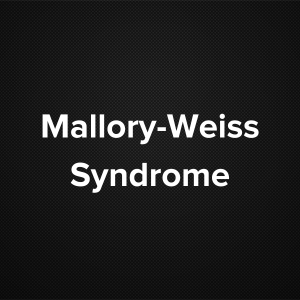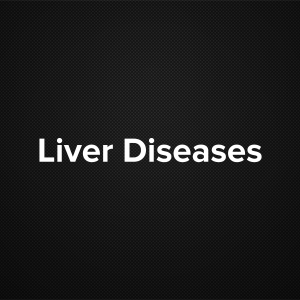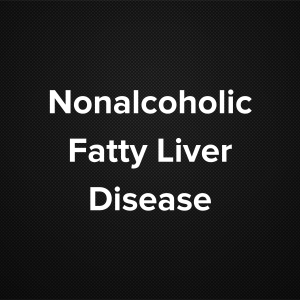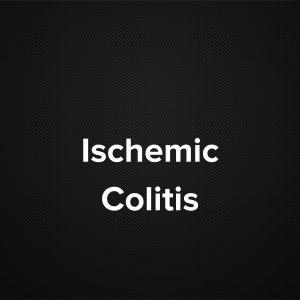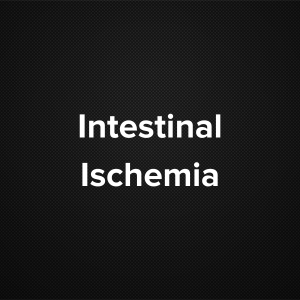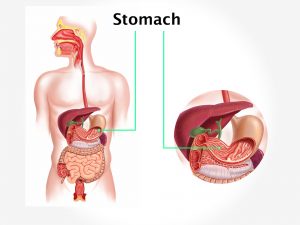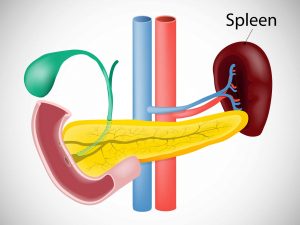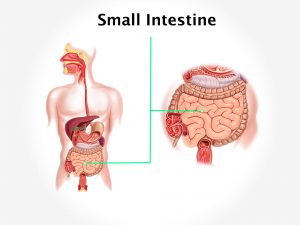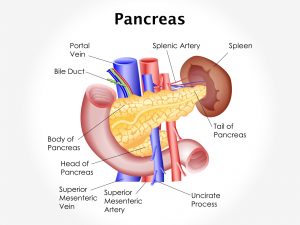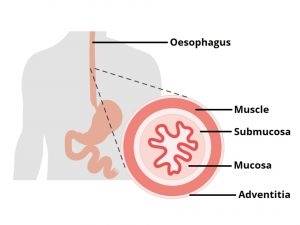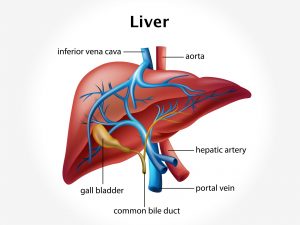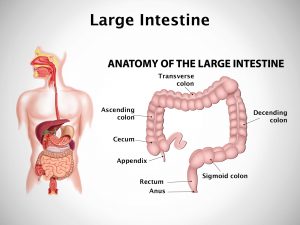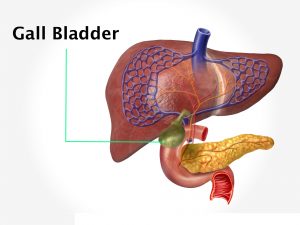Causes and risk factors
Exact cause of autoimmune hepatitis is not known. The immune system is responsible for fighting diseases caused by harmful agents such as bacteria, viruses. In autoimmune hepatitis the immune cells [T lymphocytes] mistake the liver’s normal cells for harmful invaders and attack them. This causes injury to the liver and chronic inflammation i.e. hepatitis. Healing takes place by fibrosis and scarring. This leads to liver cirrhosis and ultimately liver failure. Risk factors for autoimmune hepatitis are being female, history of certain bacterial or viral infections, history of other autoimmune disease, hereditary, use of certain medications. Other autoimmune conditions can associated with the development of AIH are Grave’s disease, thyroiditis, type I diabetes, rheumatoid arthritis, scleroderma, inflammatory bowel disease (IBD), systemic lupus erythematosus, Sjogren’s syndrome.
Clinical presentation
Patients with acute hepatitis present with Pain, tenderness, enlargement of liver. Fever, fatigue, anorexia, myalgia, arthalgia, upper abdominal discomfort, pruritus, skin rashes, oedema, hirsutism, amenorrhoea, chest pain due to pleurisy, diarrhoea, intense weight loss are associated symptoms. Hepatomegaly, spleenomegaly, encephalopathy, Spider angiomas (abnormal blood vessels on the skin), ascites, abdominal distension, dark urine, pale-colored stools, loss of appetite, nausea, vomiting is also seen in autoimmune hepatitis. Untreated or delayed diagnosis of autoimmune hepatitis leads to liver cirrhosis and ultimately liver failure.
Investigation
Medical history by the patient and Clinical examination by the doctor helps in diagnosis. Liver function tests, anti-smooth muscle antibody, anti-liver kidney microsome type I antibody, anti-nuclear antibody [ANA], Liver biopsy, Serum IgG are the diagnostic tests for autoimmune hepatitis.
Treatment
Medications include steroids and other immunosuppressant drugs. Doctor may advise to choose a healthy diet, reduce alcohol intake, and quit smoking, caution in consumption of vitamin supplements or over the counter medications. Liver transplant may be needed if the patient is unresponsive to any of the above treatment.
Other Modes of treatment
The other modes of treatment can also be effective in treating autoimmune hepatitis. Homoeopathy is a science which deals with individualization considers a person in a holistic way. This science can be helpful in combating the symptoms. Similarly the ayurvedic system of medicine which uses herbal medicines and synthetic derivates are also found to be effective in treating autoimmune hepatitis.

